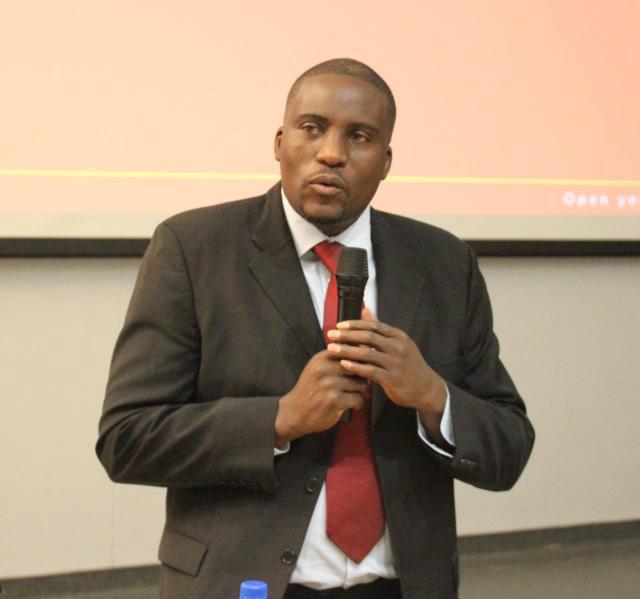Pressure is mounting on minister of finance and public enterprises Iipumbu Shiimi to strike a balance between reducing the civil service wage bill and reining in ballooning expenditure.
Public Workers Union of Namibia (PSUN) secretary general Matthew Hakurya, however, says the union does not support a reduced civil service wage bill.
The government’s total expenditure on public servants wage bill currently stands at about N$33 billion, compared to about N$13 billion in 2013.
The wage bill is expected to rise by N$1,7 billion in the 2024/25 financial year after public servants received a salary increment last year.
“The government’s wage bill is about N$33 billion, so I would suggest we cut it to about N$28 billion, and whatever is removed will be channelled into welfare spending,” says Floris Bergh, the chief economist at Capricorn Asset Management.
He says this would put money in people’s pockets, and when they spend it, it goes back to the government through value-added tax (VAT).
“The upcoming budget has a spending budget of about N$90 billion. Putting the money into welfare programmes will promote microeconomic activity, because people will be putting their money together and starting small businesses,” Bergh says.
“We do not support cutting the wage bill, because it means increased unemployment and lower demand in the domestic economy. We are convinced it will ultimately negatively impact the welfare system.
“Notwithstanding other economic imperatives, a higher wage bill could generate demand and productivity growth, which would lead to increased domestic consumption, thus more jobs and economic growth,” Hakurya says.
He says the way to address welfare issues is through the implementation of an incremental minimum wage, improved social security benefits and their administration, increased trade union density, and strengthened collective bargaining.
“Funding, maintaining and creating welfare programmes are sustained through increased wages and improved taxation, and not through reduction in the wage bill.
“Welfare programmes need constant financial injections, which are sourced through higher growth rates in the domestic economy in turn, which is oiled by increased wages.
“Thus increased wage bills and social welfare are consonant, thus the government cannot be expected to sacrifice one to improve the other.
“This means that we cannot use a pro-capital policy intervention such as wage moderation to remedy a pro-labour matter, such as social welfare, as it would lead to stagnation,” Hakurya says.
Ruusa Nandago, an economist at First National Bank, says the nature of unemployment in Namibia is structural.
This means even if the economy is doing well, there would still be a high unemployment rate.
“Namibia has a problem with jobless growth, and this can’t be fixed by one or three budgets. Sometimes we put a lot of pressure on the budget to fix structural problems, but it is just a mechanism to enable some of the other policies we implement as a country.
“I don’t necessarily think budget pronouncements would solve unemployment, especially among the youth, but it’s more about looking at the underlying structure of the economy,” Nandago says.
“Looking at previous budgets, the ministers always talk about unemployment as an issue, but a lot of pronouncements we see are more relief measures for certain segments, for example the incentive tax for companies to be able to employ more interns, but not necessarily anything that would change the structure of the economy,” she says.
Stay informed with The Namibian – your source for credible journalism. Get in-depth reporting and opinions for
only N$85 a month. Invest in journalism, invest in democracy –
Subscribe Now!










